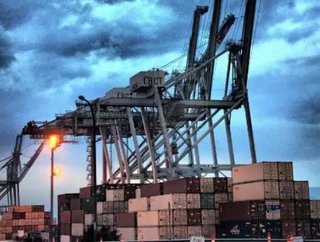Considering the Total Costs of Energy

Nothing happens without an energy cost. That is virtually as basic as the laws of physics. Nothing is made, nothing is grown, nothing moves, without an energy cost. The lower the real cost of its energy, the more productive any business or other economic unit will be.
The three value factors of energy include its cost in money per unit of energy, the cost to the environment, and the cost for transport. These three factors affect the sum total cost of energy to any user in many ways. Since the cost of energy directly affects value and profitability, it is important that everything practical be done to lower overall energy costs. There are only two ways to do this, reduce energy consumption, and reduce energy costs.
Reducing energy consumption—conserving energy—is important only where energy efficiency can be increased, something that may not be practical in many cases. Also, this must be done without increasing environmental or transportation costs. While it is quite easy to assess direct costs, calculating the cost of environmental damage, or even transportation costs are much more difficult.
An example of one successful effort at a major change was that undertaken by the Port of Long Beach in 2006. This change was undertaken principally to reduce air pollution, a major environment cost to the area. It had to be done in a manner that was as cost effective as practical.
There are many efforts similar to that of the Port of Long Beach underway throughout the country. These are efforts to improve efficiency and lower costs with many types of energy use. Increasingly, the environmental costs are being considered in the overall equation. Many times these types of improvements have been found to pay back the investment in less time than anticipated. That is an everybody winsscenario. The energy mix is a highly complex and variable reality dependent on location, requirements, and available sources. There is no-one-size-fits-all solution, anywhere.
Howard Johnson, Author of “Energy, Convenient Solutions”






